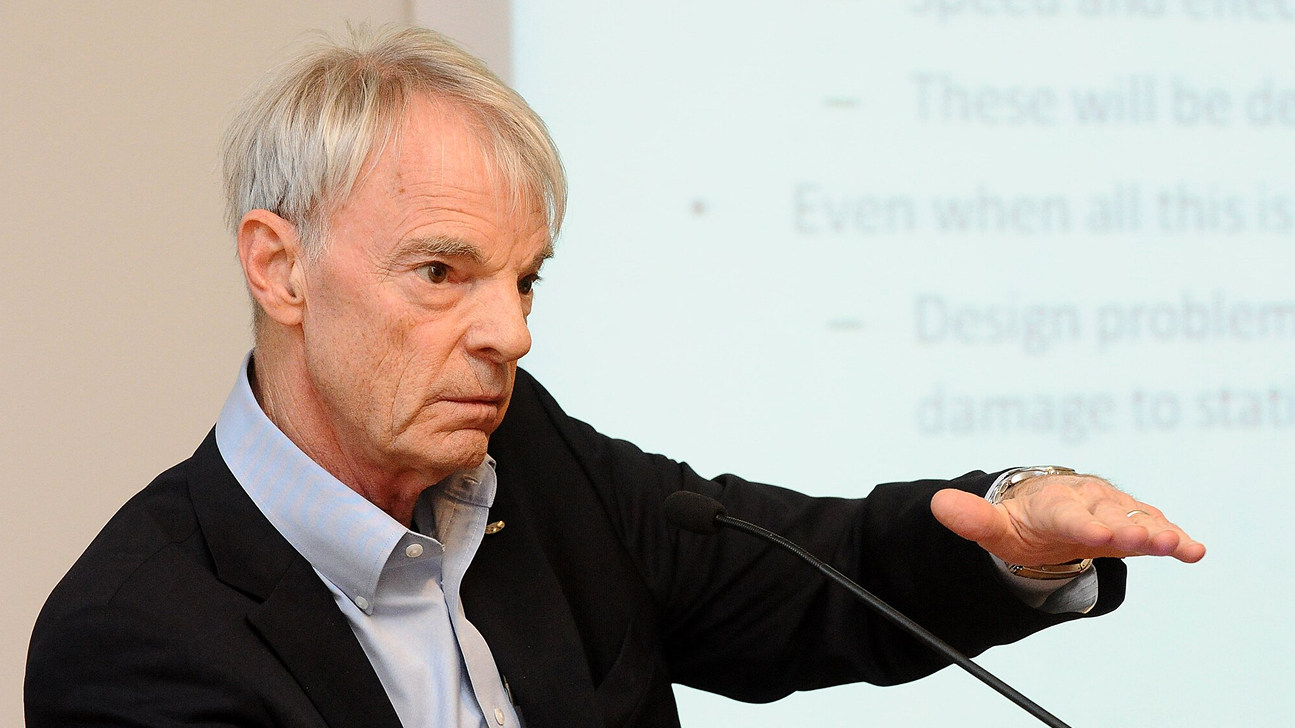Physics-Based Deep Learning for Medical Imaging
Monday, November 04, 2024
As in all other areas of computer vision, deep learning-based algorithms are now prevalent in medical imaging but they have to overcome the fact that there rarely is enough training data to train them properly. To overcome this, self-supervision along with proper use of all available knowledge about the human anatomy and physics are crucial. In this talk, I will show how they can be effectively employed for the purpose of endoscopic heart surgery, colonoscopy, and intubation.
Post Talk Link: Click Here
Passcode: c&k0TfWP
Speaker/s
Pascal Fua received an engineering degree from Ecole Polytechnique, Paris, in 1984 and a Ph.D. in Computer Science from the University of Orsay in 1989. He joined EPFL (Swiss Federal Institute of Technology) in 1996 where he is a Professor in the School of Computer and Communication Science and head of the Computer Vision Lab. Before that, he worked at SRI International and at INRIA Sophia-Antipolis as a Computer Scientist. His research interests include shape modeling and motion recovery from images, analysis of microscopy images, and machine learning. He has (co)authored over 400 publications in refereed journals and conferences. He has received several ERC grants. He is an IEEE Fellow and has been an Associate Editor of IEEE journal Transactions for Pattern Analysis and Machine Intelligence. He often serves as program committee member, area chair, and program chair of major vision conferences and has cofounded three spinoff companies.
Related
Nobel Laureate Michael Spence on how AI is redefining the global economy
Nobel Prize-winning economist Michael Spence explains how AI is reshaping the economic landscape and what is needed.....
- digital policy ,
- governance ,
- Nobel Prize ,
- guest talk ,
- guest lecture ,
- economics ,
- Economy ,
- Undergraduate ,
Understanding faith in the age of AI
MBZUAI hosted a panel discussion in collaboration with the Manara Center for Coexistence and Dialogue focused on.....
- connection ,
- discussion ,
- religion ,
- spirituality ,
- faith ,
- conversation ,
- panel ,
- Human–computer interaction ,

